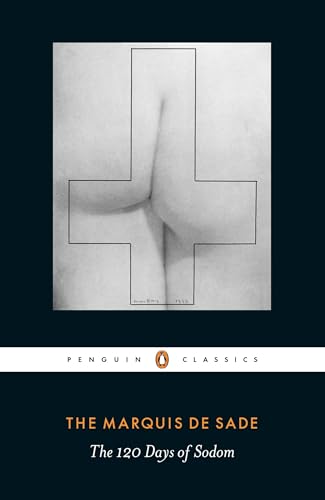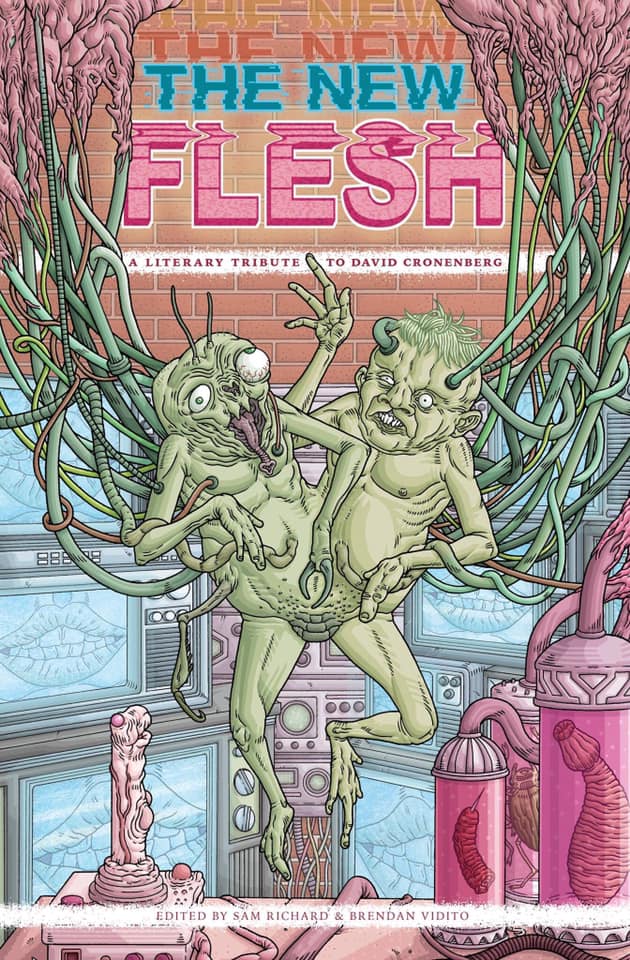
I think that there is an importance in reading horror fiction to seek out work that actually challenges you as a reader, and not just read work that is pleasantly affirming of your pre-established beliefs. Part of the greatness of horror as a genre is its ability to challenge your views and make you reassess notions that you take for granted. Reading horror that just reaffirms your already held political beliefs or moral beliefs is a bit beside the point. And this also goes for writers of horror fiction. If you do not feel challenged by what you are writing, if what you are creating does not personally unnerve you or call you to question your viewpoint, are you really creating vital work in the horror genre?
Take for instance the fiction of Thomas Ligotti. His work is extremely nihilistic, gorgeous and bleak. The unrelenting doom-laden prose certainly can disturb one's sleep. But, as much as I love his work, I have to say that Ligotti’s fiction is comforting to me, I already pretty much feel the same way he does. It feels like he is clearly stating what I have always thought but never knew how to put into words. And that is a wonderful thing. But I don’t think it would be correct for me to stop there with my reading. Now let’s take another writer who I am a constant reader of. The Marquis de Sade. I find every time I read de Sade’s fiction, it forces me to reassess what I believe and also more fully understand what I find to be abhorrent about his work. I love the inferno of sexual freedom that he revels in, but his fascistic leanings, his belief in his absolute right to torture and enslave, his dismissal of the rights of others to their own personal freedoms, I find repulsive. But his striving for absolute individual freedom, and his advocacy for the doing away of sexual taboos I find inspiring. So how does a writer I find so much inspiration from also go so horribly wrong? That is the challenge of his work. For the reader to both identify with the writer, and also be repulsed by the writer, is to look in a kind of distorted mirror, and see oneself in a strange new light. This is how you come to understand yourself better, both the good and the bad in you.

Well if I am advocating reading writers that push the limits, are there no limits? I actually do think there are limits. I think a writer exploring taboo or transgressive themes are acceptable, but writers seeking to actually advocate repugnant views are not. For instance, I find most religious fiction or extremist political fiction to be superficial and its basic level, ignorant. These are works where the writer is not struggling to come to a better understanding of oneself but is convinced that they are right and are seeking to convert the reader to their viewpoint. Most christian fiction, or say the work of Ayn Rand, would fall into this category. But let’s take the case of H.P. Lovecraft, who notoriously held some very unpleasant views. Is his work worth reading? I would say yes, in his fiction you see someone struggling to understand themselves and the world they live in. For a writer who was so repulsed by the other and the different, his fictional world pretty much exclusively deals with the other and the different, and you can see him trying to come to terms with why he is so affected by those different them himself, why he is so horrified by the chaotic nature of life and mankind. He fully exposes himself to that which most frightens him in his fiction, and he also puts himself in the place of what he most fears. A writer who was just trying to express racist ideas would not have written The Shadow over Innsmouth, which ends with the main character joining with the monstrous, and realizing that he was always one of them.
Horror mainly traffics in the areas we have not come to terms with yet. Horror is not a safe space, but a space to face our most bleak and terrible fears, and try to come to an understanding of them. Horror is the genre of the taboo and the hidden. It needs to be an area where both writers and readers can safely have a dialogue, rather than letting these hidden emotions and thoughts fester unspoken inside us. There is a good side and a dark side to each of us. And to come to know both sides is one of the missions of horror fiction. Reading, and writing, against ourselves, is vital. Sometimes it’s only when we are lost in the dark that we truly come to find ourselves.

